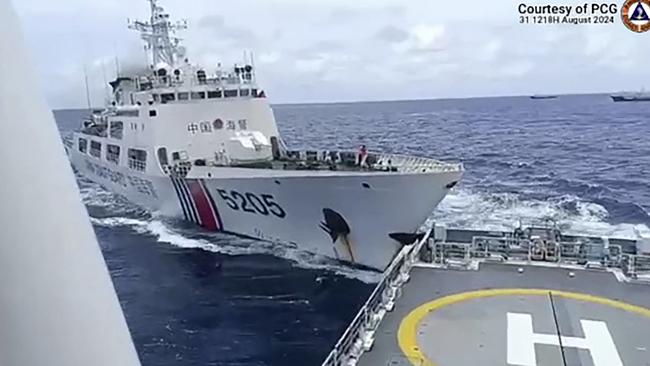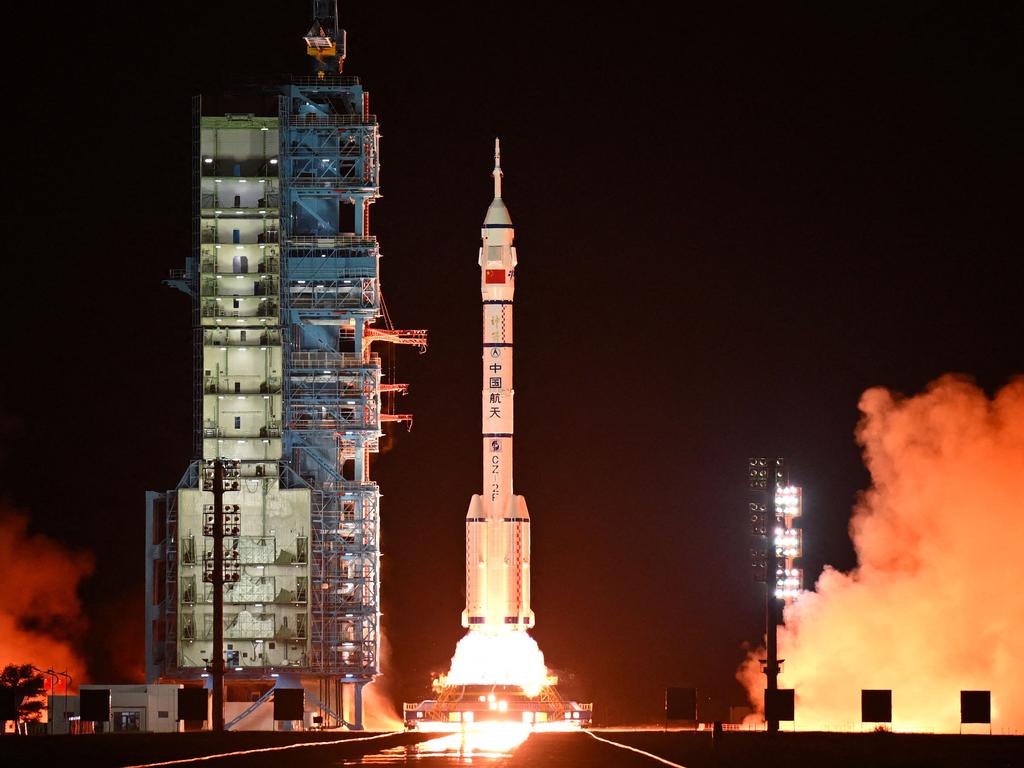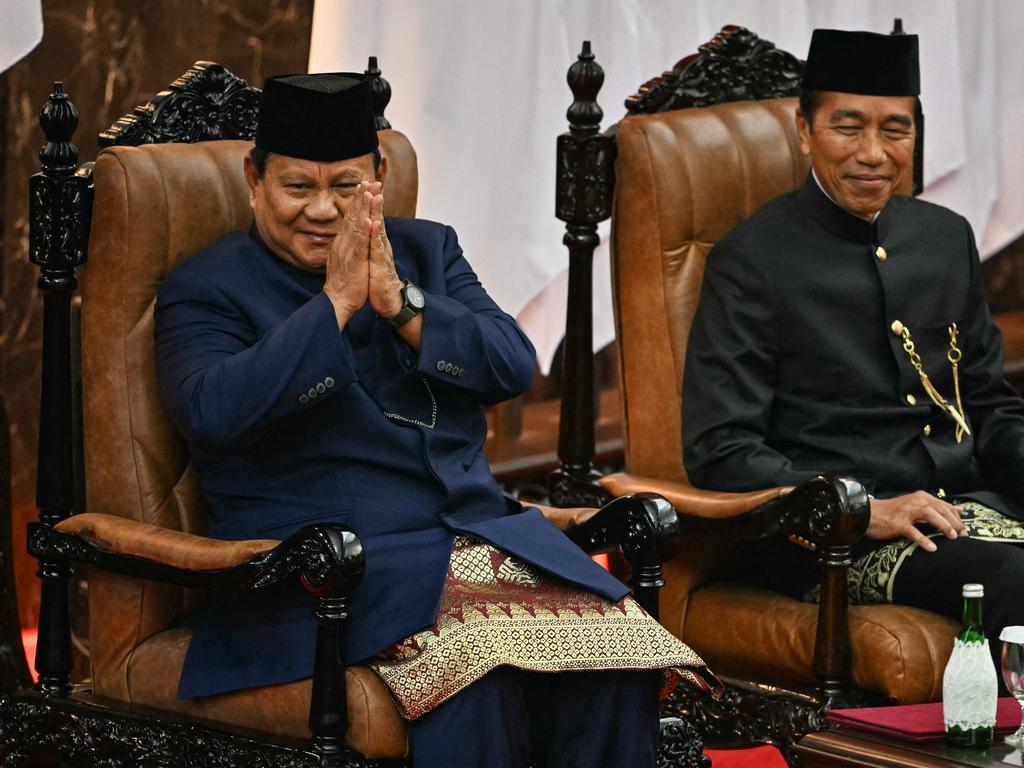Time for ASEAN to muscle up in South China Sea
Repeated Chinese coastguard incursions in Indonesian maritime waters after years of quiet diplomacy holds lessons for Australia and its ‘stabilisation’ policy.

China has a funny way of laying out the welcome mat for new regional leaders.
This time next week, Indonesia’s Prabowo Subianto will be in Beijing for the first leg of his maiden overseas trip as president, doffing the hat to his powerful northern neighbour before travelling on to the US, then Peru and Brazil for the APEC and G20 summits.
This same time last week, Jakarta performed a volte-face on BRICS, declaring its intention to join the China-led grouping of developing nations that Beijing aims to build up as a counterweight to Western global dominance.
Yet it seems there is no pleasing Beijing.
Four times since Prabowo’s October 20 inauguration – most recently last Wednesday – a Chinese coast guard vessel has tried to pick a fight inside Indonesia’s Natuna waters on the edge of the South China Sea. On each occasion, Chinese maritime officers proclaimed ownership over maritime territory within Indonesia’s exclusive economic zone and continental shelf.
We know this because Prabowo, unlike his predecessor Joko Widodo, chose to publicise the incidents rather than play them down for fear of imperilling Chinese investment.
Whether this signals a shift in Jakarta’s approach to Beijing’s South China Sea tactics is now the subject of furious regional debate.
An Indonesian foreign ministry briefing on Thursday suggests Indonesia may already be pulling back. “We are in the process of exchanging the most accurate information,” a ministry spokesman said when asked about the incidents. “This dialogue does not need to be conducted publicly.”
No one believes Prabowo wants to fight with China, even if it is clearly testing the limits of a former special forces commander not famed for his tolerance.
At 73, he knows Beijing is key to realising his ambitious 8 per cent growth target in his first, and likely only, presidential term.
The question is; at what cost?
With every ASEAN nation in competition to be the smallest possible target, they only make it easier for China to pick them off one-by-one.
Former Philippines president Rodrigo Duterte tried a similar strategy to Jokowi with catastrophic results that the current Marcos administration is now paying for. Ferdinand Marcos Jr, known as Bongbong, also made Beijing his first foreign visit in the hope Chinese investment would drive economic growth. Manila has since become a cautionary tale for other ASEAN nations. No one wants to be China’s next victim. Its policy of publicising every maritime clash has exacerbated Chinese harassment.
Singapore security analyst Collin Koh said Beijing would be “stupid to ignore” subtle co-operation that now occurred between Southeast Asian nations in dispute with China over its ownership claims to much of the South China Sea, including enthusiastic participation in multilateral defence exercises with Western partners and allies.
Last month, Marcos revealed more than half of his fellow ASEAN leaders had quietly offered Manila support – including joint maritime patrols – to help maintain peace and stability in the strategic waterway.
Still, said Australian Strategic Policy Institute security analyst Euan Graham, China’s early goading of Prabowo was clear evidence that quiet diplomacy had only emboldened China’s maritime expansionism.
By failing to openly support The Philippines against China’s escalating maritime hostilities, Jakarta and its fellow ASEAN member states have reinforced Beijing’s belief that it can divide and conquer. Now is the time for a reset, Graham urged.
Indonesia should speak up when The Philippines or Vietnam faced Chinese aggression in the South China Sea. It should prioritise efforts to reach a maritime boundary agreement with Vietnam, as it had with The Philippines. That would make it harder for Beijing to exploit differences among them.
And Jakarta was not the only one that should be introspecting over China’s latest provocations.
“Beijing’s direct challenge to Indonesia’s maritime sovereign rights, despite years of favourable treatment by Widodo, calls into question the meaning of what Canberra is calling ‘stabilisation’ with China,” added Graham.
While Australia “obsesses over lobsters and wine exports”, China is steadily marching south.







To join the conversation, please log in. Don't have an account? Register
Join the conversation, you are commenting as Logout